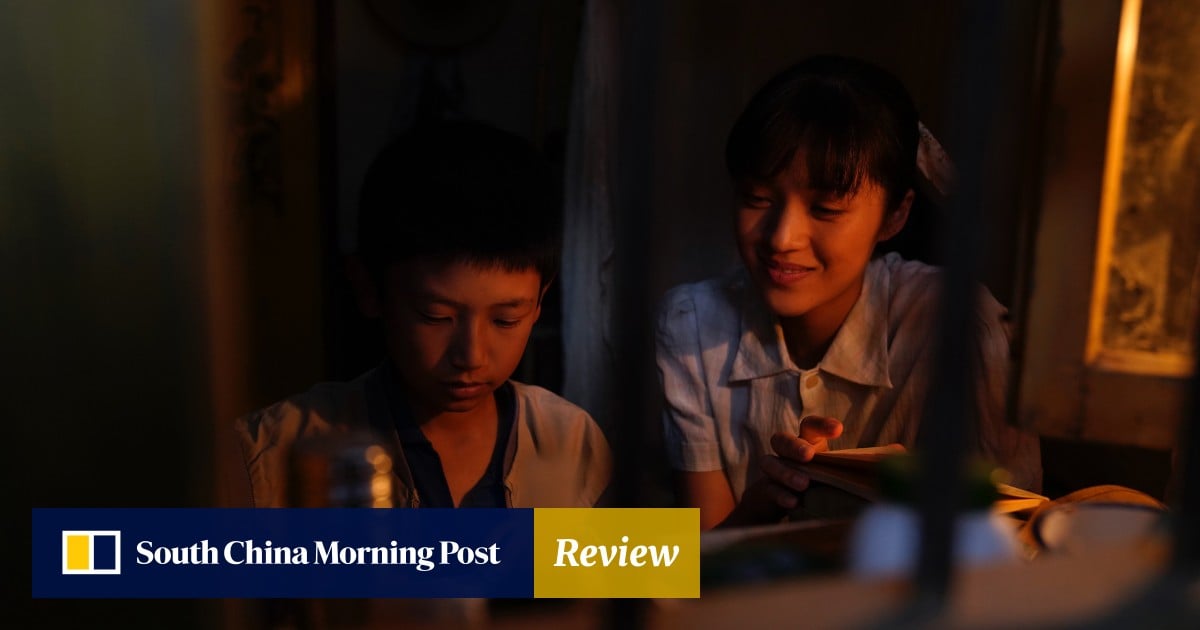4.5/5 stars
Contemporary Chinese cinema is littered with decades-spanning epics designed to chronicle the country’s changing fortunes in the 20th century.
With Living the Land, which was selected in competition at the Berlin International Film Festival on Friday, Huo Meng has achieved the same objective with a film unfolding across merely one single year.
Revolving around a clan of impoverished farmers in Henan in 1991, Huo’s second feature is a visually captivating, studiously structured and ceaselessly humane account about the anguish, anxiety and agitation sweeping across rural China at the cusp of its turbocharged plunge towards market economics.
Bolstered by remarkably affecting performances from his ensemble of non-professional actors and stunning camerawork that reveals village life at its happiest and harshest, Huo has made a great leap forward from his debut, the modestly budgeted road movie Crossing the Border – Zhaoguan from 2018.
Central to Living the Land is Chuang (Wang Shang), a boy living with his mother’s extended family in a hamlet where electricity is scarce, tractors even more so, and struggling peasants make bricks in rickety kilns or even sell their blood to survive.


